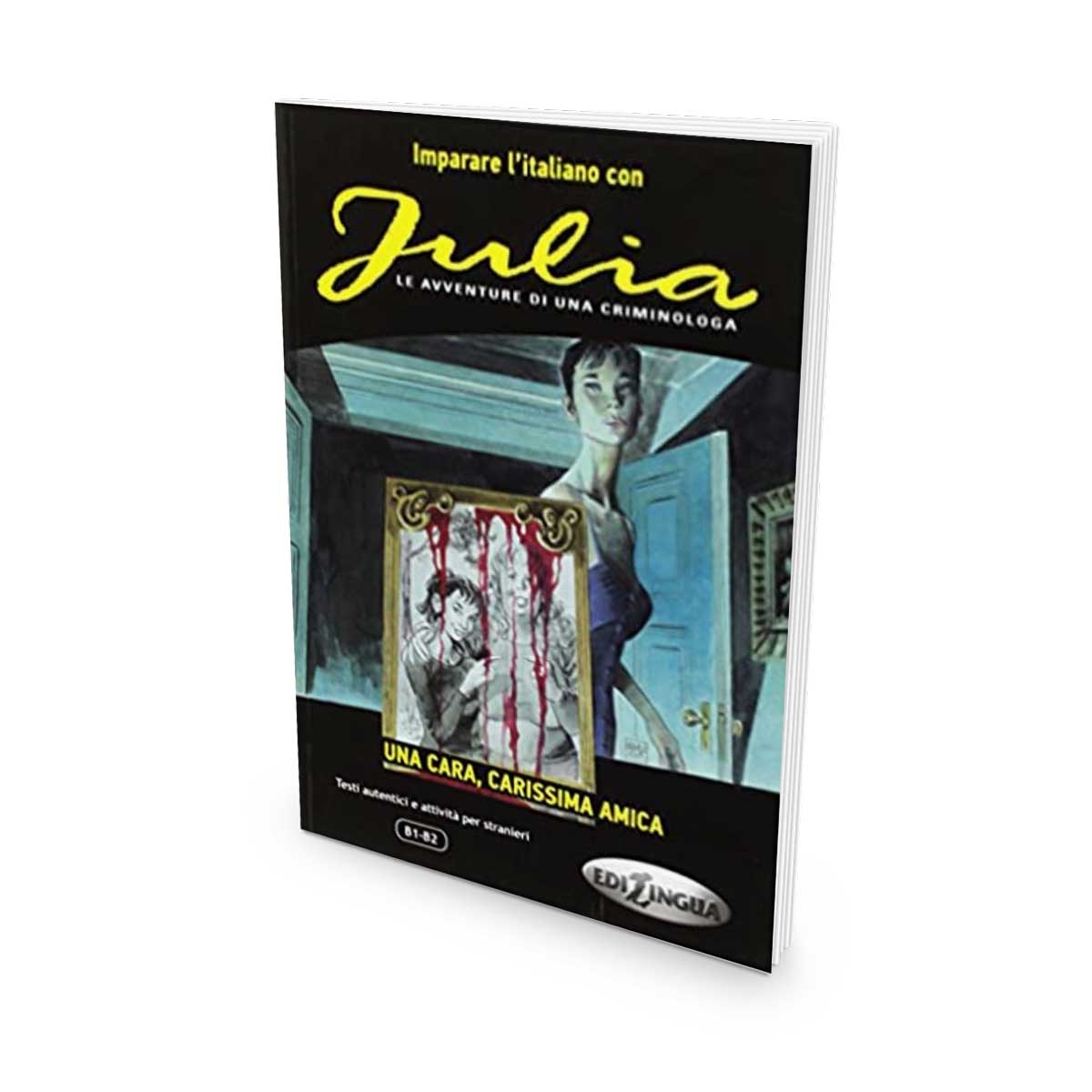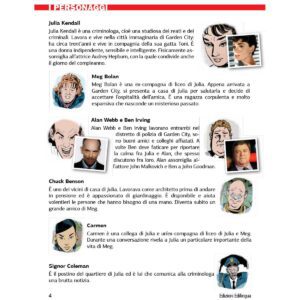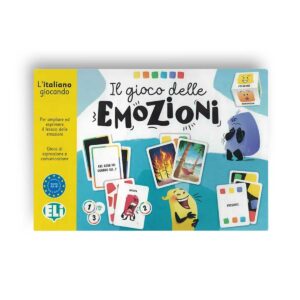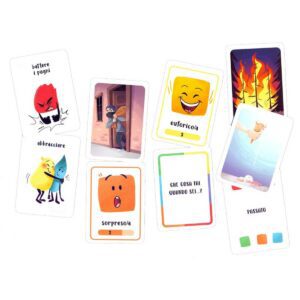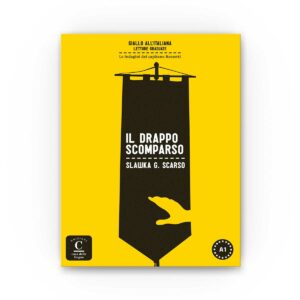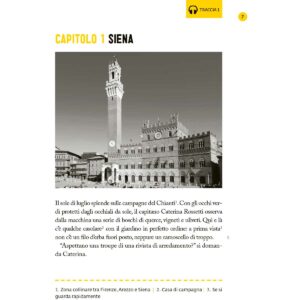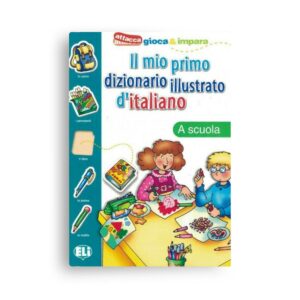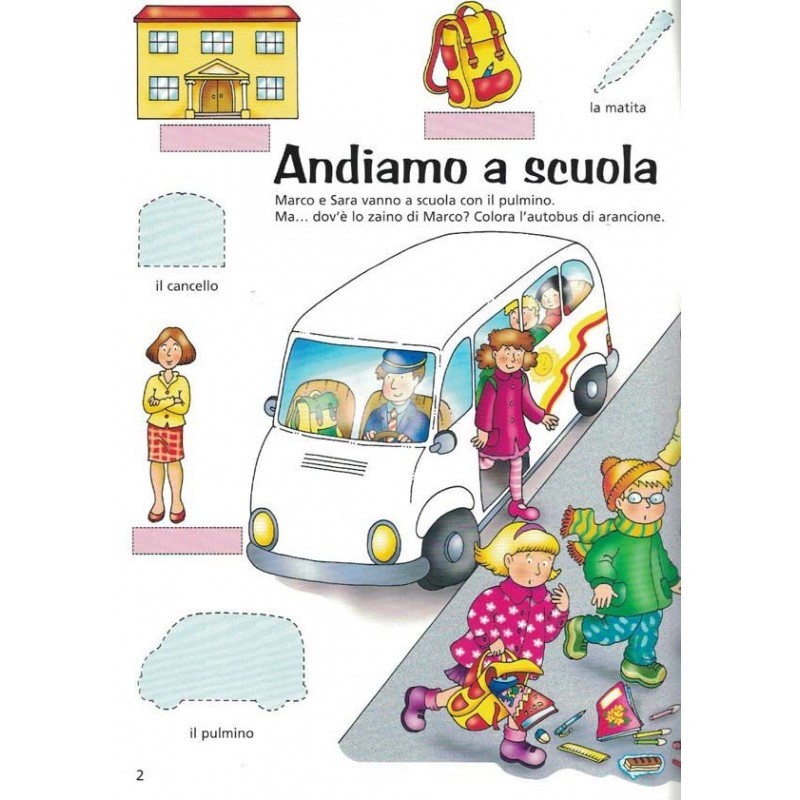When learning Italian it’s sometimes not very clear when we have to use an adjective and when an adverb. Let’s see exactly what’s the difference between adjectives and adverbs in Italian.
Difference between adjectives and adverbs
Adjectives
An adjective describes a noun, i.e. describes how a person, an animal or a thing is. Adjectives must be adapted to the gender and number of the reference word. The reference word is always a noun.
- In the singular form, adjectives usually ends with -o (masc.), -a (fem.) or -e (both masc. and fem.);
- Buono good / tasty and cattivo bad / evil are adjectives;
- Molto a lot / many, tanto a lot / many, troppo too much / too many and poco few / little can be both adjectives and adverbs.
| La signora è gentile. | The woman is polite. |
| La pasta è buona. | The pasta is good / tasty. |
| Ho comprato una macchina rossa. | I bought a red car. |
| Ho molti cani. | I have lots of dogs. |
| Questo tè ha proprio un cattivo sapore. | This tea tastes really bad. |
| Il mio italiano non è molto buono. | My Italian isn’t very good. |
Adverbs
An adverb describes verbs, adjectives or other adverbs in more detail, e.g. it describes how we do something or adds information to an adjective. Adverbs are unchangeable. The reference word is not a noun, but a verb, an adjective or another adverb.
- Adverbs in Italian often ends in –mente (similar to the English -ly);
- Bene well and male badly are adverbs. These are the corresponding adverbs of the adjectives buono and cattivo;
- As mentioned above, molto, tanto, troppo and poco can be both adjectives and adverbs.
| La signora chiede gentilmente un’informazione. | The lady politely asks for information. | How does the lady ask? Relates to the verb. |
| Parlo bene l’italiano. | I speak Italian well. | How do you speak Italian? Relates to the verb. |
| La casa è tremendamente sporca! | This house is terribly dirty! | How dirty is it? Relates to the adjective sporca. |
| Non mi piacciono molto i film western. | I don’t like western film very much. | How (much) do you like them? Relates to the verb. |
| Stai guidando troppo velocemente. | You are driving too fast. | Here we have two adverbs: 1) Troppo relates to velocemente; 2) Velocemente describes how you are driving. |
Some adjectives, like veloce, are sometimes used as adverbs, particularly in the colloquial language. The adverb corresponding to veloce is velocemente. However veloce can be also used as adverb.
- Il bambino corre velocemente or Il bambino corre veloce.
- La macchina va velocemente or La macchina va veloce.
